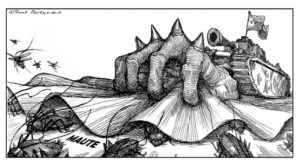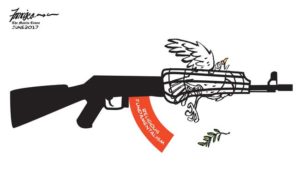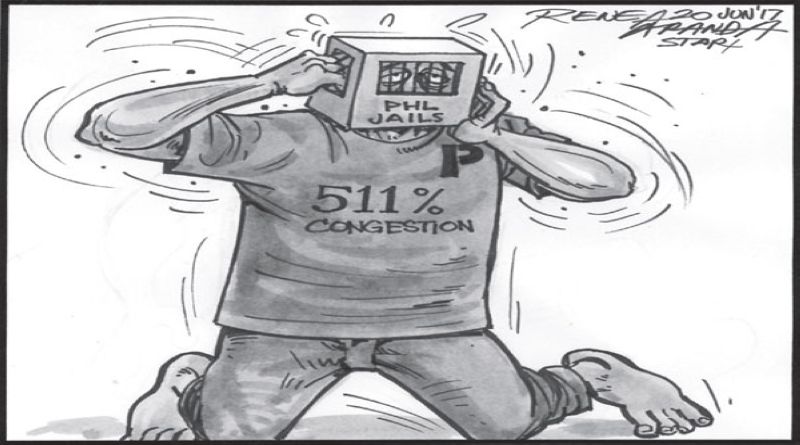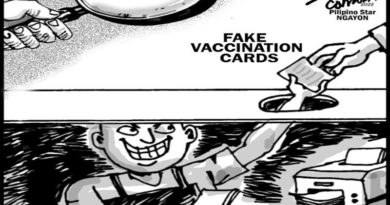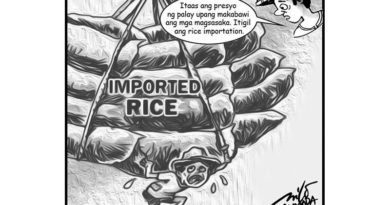511% congestion
The country’s jails, according to the Commission on Audit, are congested by about 511 percent. Looking at recent images, the congestion level in fact seems worse. Inmates take turns sleeping on the space available – not just narrow cots and floors in regular cells but also along stairways in police stations.
The scenes evoke images of cattle cars packed with Jews, gypsies and other oppressed groups during the Holocaust. At least inmates in Philippine jails do not end up in Nazi gas chambers. But a number of the inmates, mostly rounded up in the war on illegal drugs, have been shot dead after being released and registered as drug offenders.
Philippine jails have been congested for a long time, but the brutal war on drugs has worsened the problem, filling jails to bursting. The sorry state of jails already constitutes cruel and inhumane punishment even before conviction, especially for those wrongly accused or victims of frame-ups. Such punishment is prohibited under the Constitution.
Since the war on drugs was launched, this problem has been widely reported, but little has been done to increase the capacity of the nation’s detention facilities. Contributions from the private sector or foreign donors have focused mainly on the provision of drug rehabilitation facilities, which officials say are mostly unused.
If accusations are accurate, the congestion has also been exploited by corrupt police and jail custodians to shake down inmates who want to escape the lack of ventilation, the cockroaches and mosquitoes and the sheer crush of bodies in the jail cells. It wouldn’t be too bad if prominent detainees also suffered such hell. But even in detention, inequality reigns in this country, with different brands of humanity for the rich and poor. The situation is begging to be corrected. Perhaps the COA report can lead to urgently needed improvements.
